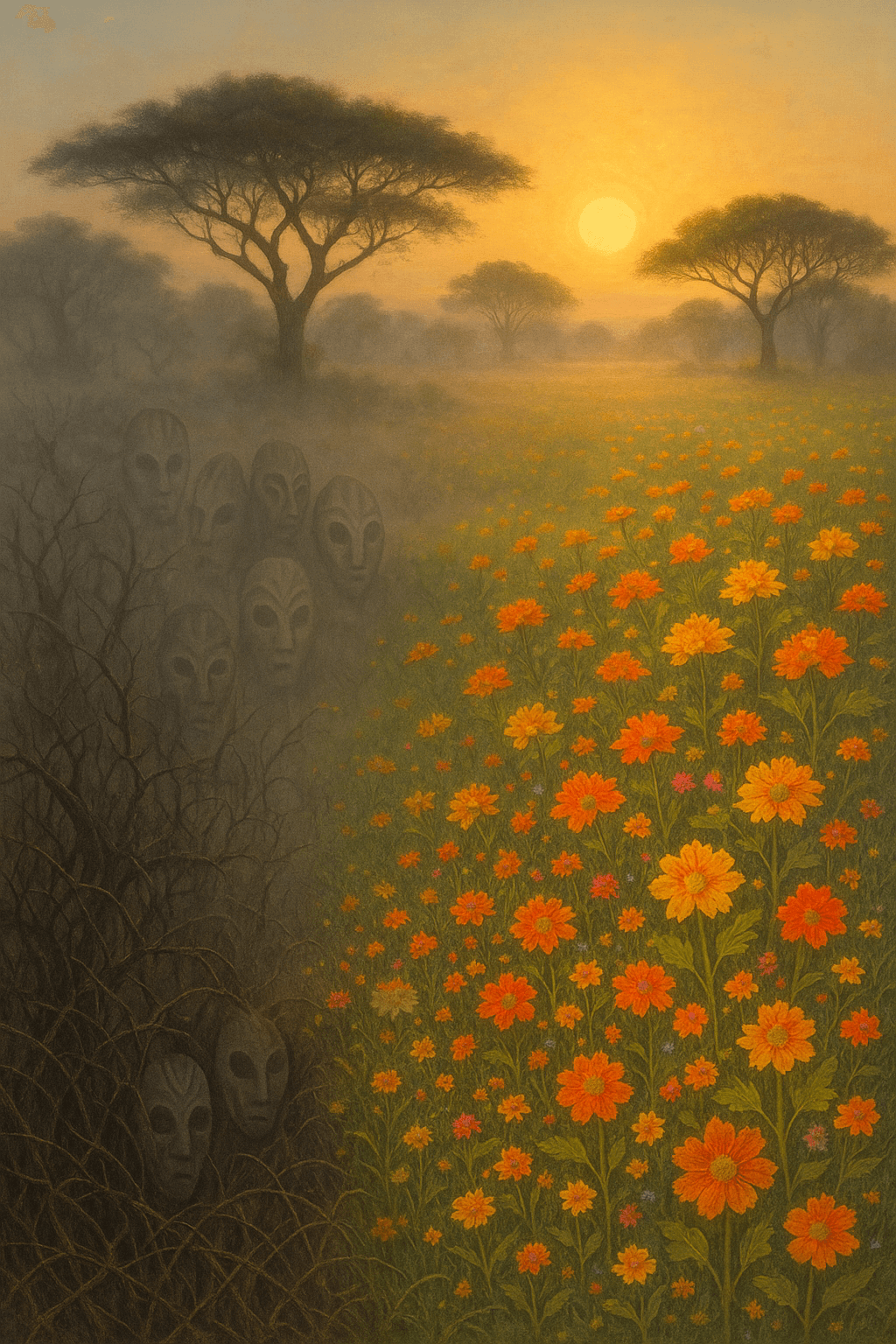Unraveling Truth and Deception in Human Narratives

A thousand truths leave a hundred lies behind. — African Proverb
The Complexity of Truth
The African proverb, 'A thousand truths leave a hundred lies behind,' immediately highlights the intricate relationship between truth and falsehood. Truth is seldom absolute; even when surrounded by many facts, unintentional distortions or deliberate omissions may linger in the margins. This tension reminds us that narratives—whether shared orally or written—are shaped as much by what is included as by what is omitted.
Selective Storytelling in Oral Traditions
This idea finds resonance in the longstanding practice of African oral storytelling. Griots, the traditional custodians of history, often tailor their tales to their audience, curating which truths to emphasize and which uncomfortable elements to set aside. As scholar Jan Vansina notes in 'Oral Tradition as History' (1985), every retelling risks leaving room for new misunderstandings, thus ensuring that lies, or half-truths, can persist alongside verified facts.
The Persistence of Falsehoods Amid Facts
Even in the age of information, more facts do not necessarily diminish the power of lies. Consider the phenomenon of misinformation online: despite a wealth of accurate data, certain myths stubbornly endure. Researchers at MIT (Vosoughi et al., 2018) demonstrated that false news spreads more rapidly than the truth, showing how deceptive ideas can linger even in an environment flooded with information.
Moral Ambiguity and Human Motivation
Moreover, the proverb prompts us to reflect on motivation—why do lies survive in the shadow of truth? Sometimes, personal gain, fear, or social cohesion guide individuals to maintain convenient fictions. This dynamic plays out in literature and politics alike; in George Orwell’s '1984,' the distortion of historical records to serve power illustrates how a thousand documented truths can still obscure genuine understanding.
Seeking Wisdom Through Discernment
Ultimately, the proverb calls for discernment. In a world overflowing with truths, critical thinking becomes our defense against lingering lies. By questioning sources, seeking diverse perspectives, and acknowledging our own biases, we move closer to wisdom. Thus, recognizing the coexistence of truths and lies, as the proverb warns, equips us to engage with complexity rather than accept simple, potentially deceptive narratives.